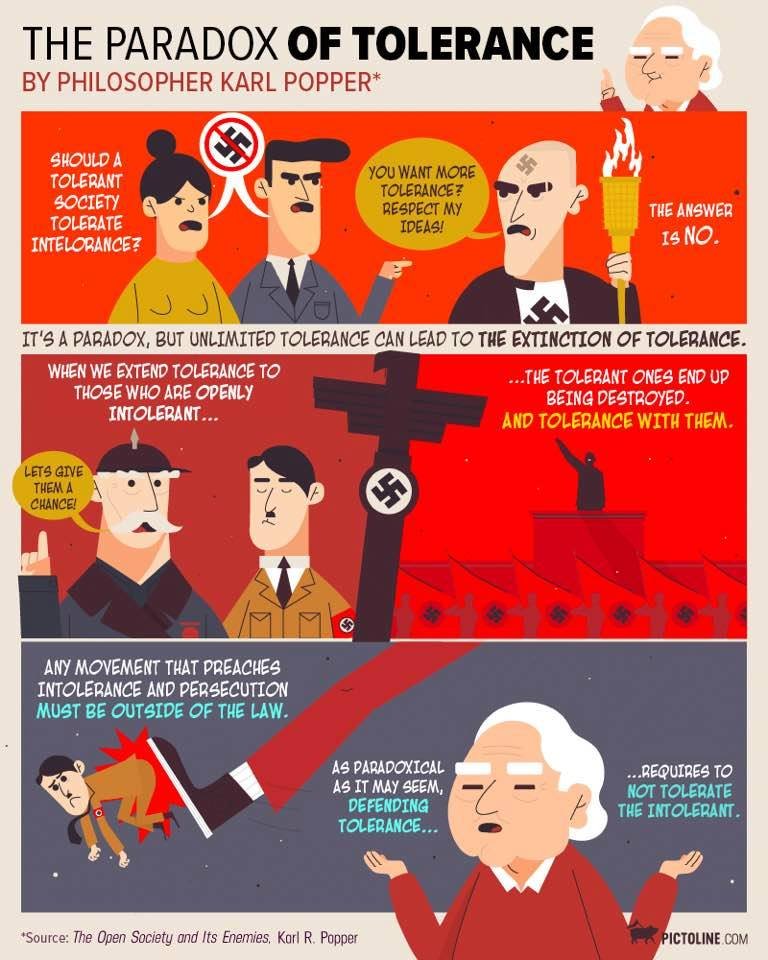

I completely get that.
I mostly have just thought of housing as a different kind of beast, since unlike working a job, I don’t have to invest in real estate to save for a house or retirement, but doing so might make it easier to accomplish that.
The biggest problem is definitely going to be full on landlords and private corporate investors, but I don’t want to add any more to that problem, no matter how small my impact might be.


(in response to him selling the family home)
Just another demonstration of how the Hedonic Treadmill effect means becoming a billionaire won’t meaningfully improve your life compared to the negative impact you inflict upon all of society by taking millions of dollars of worker’s and consumer’s value from them!